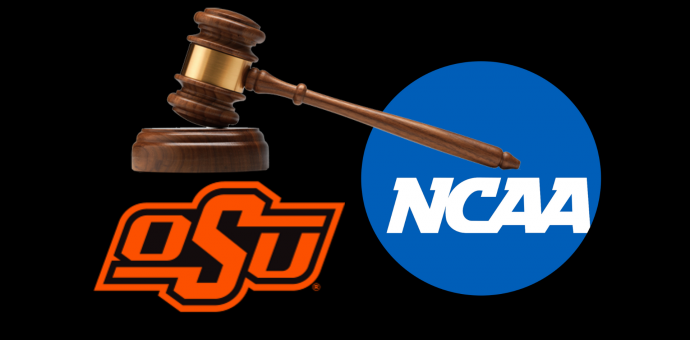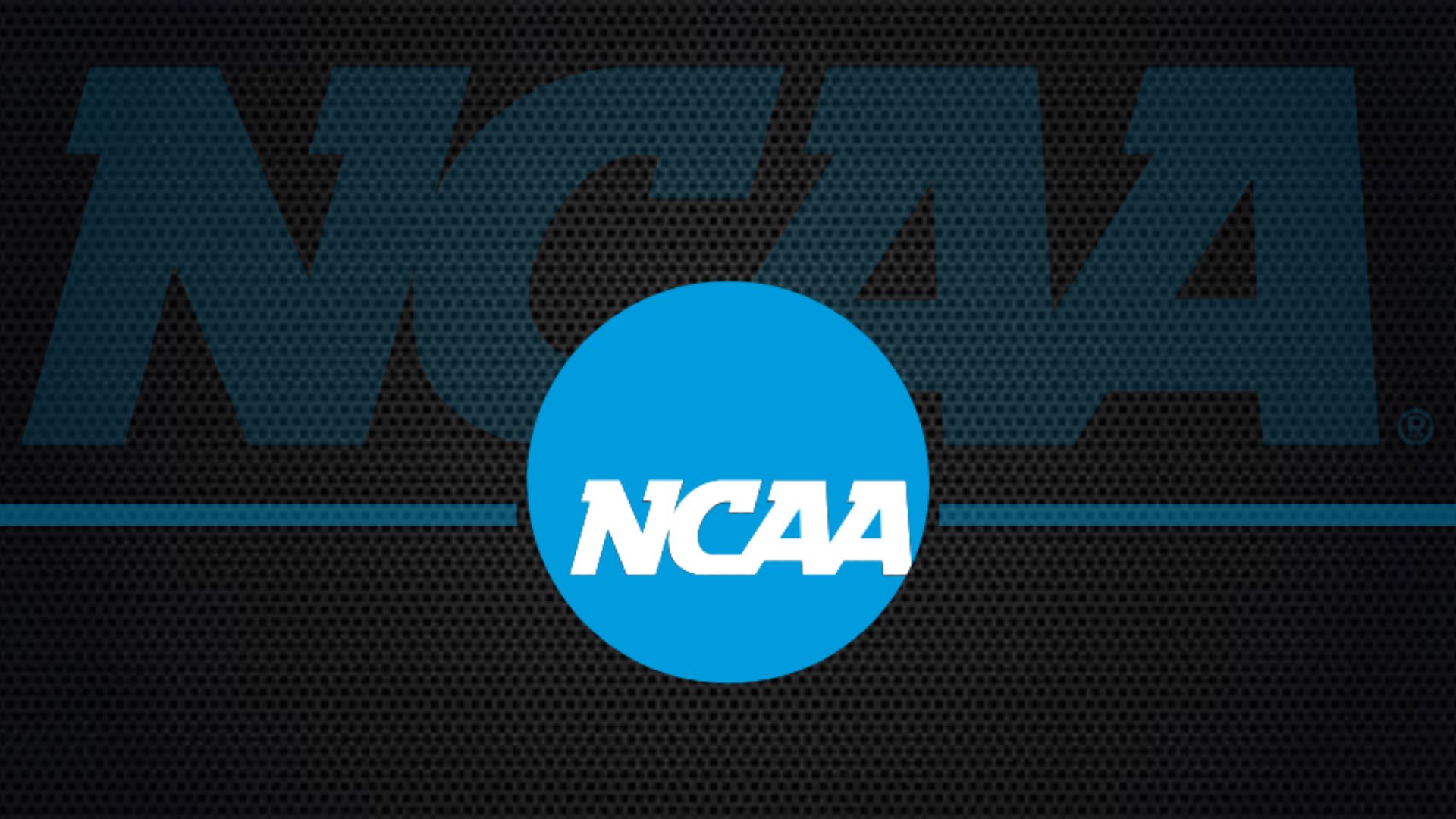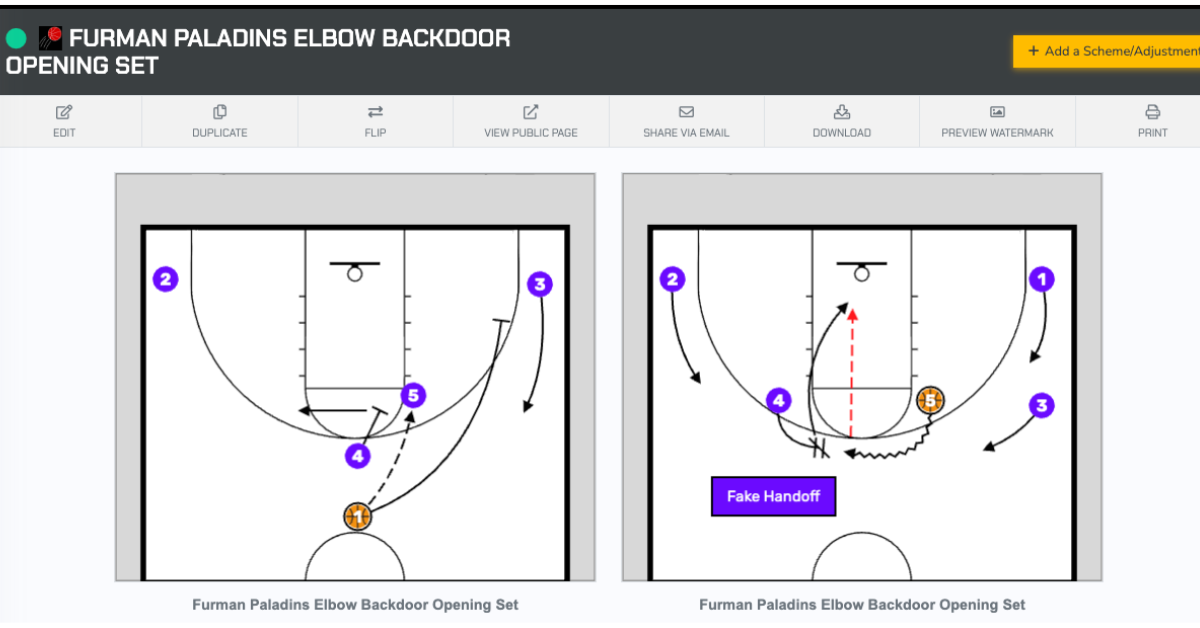The NCAA released their findings and penalties today in their case against Oklahoma State and former Associate Head Basketball Coach Lamont Evans. Last June, Evans was sentenced to three months in prison for his role in the pay-for-play scandal.
The complete NCAA ruling can be found HERE.
Below is the statement the the NCAA released today, along with the many penalties that Oklahoma State and Evans were hit with:
Former Oklahoma State men’s basketball associate head coach Lamont Evans violated NCAA ethical conduct rules when he accepted between $18,150 and $22,000 in bribes from two financial advisors to influence student-athletes, according to a decision released by the Division I Committee on Infractions.
“The conduct at issue in this case was related to a broader scheme that involved money and influence at the intersection of college and professional basketball,” the committee said in its decision. “The scheme resulted in the arrest and prosecution of multiple individuals — including college basketball coaches — on conspiracy and bribery charges, and it led to significant NCAA reforms.”
This case originated Sept. 26, 2017, when FBI agents arrested the former associate head men’s basketball coach in connection with an indictment and federal criminal complaint filed in the U.S. District Court for the Southern District of New York. The complaint alleged that the associate head coach accepted cash bribes from financial advisors in exchange for influencing student-athletes to retain the advisors’ professional services when the student-athletes entered the NBA.
During testimony in federal court, the two advisors explained they met with the former associate head coach shortly before he joined the Oklahoma State staff to discuss a plan for the advisors to take over payments an agent associate had been making to the former associate head coach. The committee continued that the group agreed that the advisors would pay the former associate head coach approximately $2,000 per month in exchange for using his position to influence student-athletes to retain the advisors’ services when they entered the NBA.
The committee detailed the two meetings the former associate head coach arranged for the financial advisors while he was employed at Oklahoma State. First, the associate head coach asked a men’s basketball student-athlete to come to his hotel room while they were traveling for an away game. The student-athlete thought the former associate head coach was going to review film with him, but instead he was introduced to one of the advisors and given information about the services the advisor provided to professional athletes.
The former associate head coach set up a second meeting for the other advisor and the mother of a non-Oklahoma State student-athlete who had declared for the draft. The advisor testified in court that he had lunch with the mother and she expressed an interest in retaining the advisors’ services for her son because she trusted the former associate head coach’s judgment.
The meetings violated NCAA rules because athletics department staff members are prohibited from receiving benefits for facilitating or arranging a meeting between a student-athlete and an agent, financial advisor or a representative of an agent or advisor. Athletics staff members are also prohibited from representing, directly or indirectly, any individual in the marketing of their athletics ability or reputation to an agency, and from accepting compensation for the representation.
“Coaches are entrusted to look after the well-being and best interests of their student-athletes, including during the critical time when student-athletes are making decisions regarding their professional careers,” the committee said in its decision. “As the associate head coach admitted in his sentencing hearing, he abused this trust for his own personal gain. He sold access to student-athletes and used his position as a coach and mentor to steer them toward a career decision — retaining the financial advisors’ services — that would financially benefit him. In short, he put his interests ahead of theirs.”
The former associate head coach also violated NCAA ethical conduct rules when he refused to participate in an interview and provide information relevant to the investigation.
The committee classified the case as Level I-standard for the school and Level I-aggravated for the former associate head coach. The committee used the Division I membership-approved infractions penalty guidelines to prescribe the following measures:
- Three years of probation.
- A 2020-21 postseason ban for the men’s basketball team.
- A $10,000 fine plus 1% of the men’s basketball program budget (self-imposed by the university).
- A reduction of men’s basketball scholarships by a total of three during the 2020-21 through 2022-23 academic years.
- A reduction of men’s basketball official visits to 25 during the 2018-19/2019-20 rolling two-year period and to 18 during the 2019-20/2020-21 rolling two-year period (self-imposed by the university).
- A prohibition of men’s basketball unofficial visits for two weeks during the fall of 2020 and two weeks during the fall of 2021 (self-imposed by the university). The university also must prohibit unofficial visits for three additional weeks during the fall of 2020, 2021 and/or 2022.
- A prohibition of men’s basketball telephone recruiting for a one-week period during the 2020-21 academic year (self-imposed by the university). The university also must prohibit telephone recruiting for six additional weeks during the probation period.
- A reduction in the number of men’s basketball recruiting person days by 12 during the 2019-20 academic year (self-imposed by the university). The university also must reduce the number of recruiting person days by five during the 2020-21 academic year.
- A 10-year show-cause order for the former associate head coach. During that period, any NCAA member school employing him must restrict him from any athletically related duties unless it shows cause why the restrictions should not apply.
- A prohibition of the men’s basketball staff from participating in off-campus evaluations for three consecutive days during the summer evaluation periods in 2020 (self-imposed by the university)






